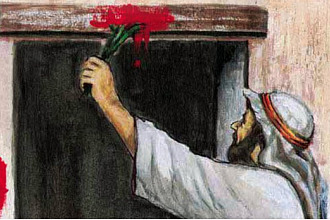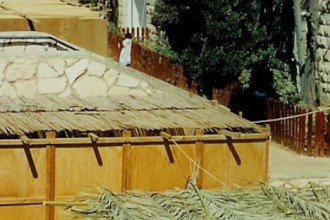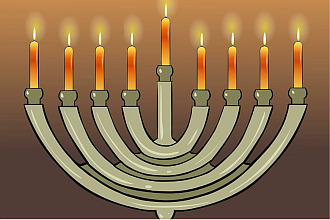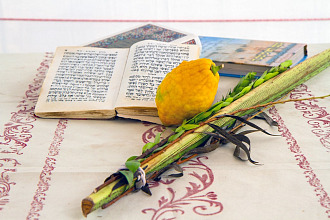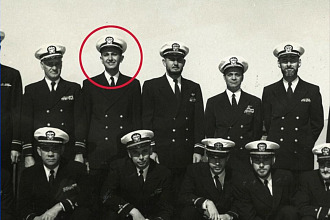The Feast of Trumpets is the first of the fall feasts. It begins on the first day of the seventh month on the Hebrew calendar known as Tishri. It was a holy convocation, a ceremonial Sabbath; no work was to be done.
Literally, the holy day was called the blowing of the trumpets, because this was when the trumpets known as shofars were blown. The blowing of the shofar on this day was to remind the people that this was the beginning of the seventh month, just 10 days before the Day of Atonement, Yom Kippur. It was a call to confess and, by God's power, turn from all known sins that had been committed. It was a warning that they only had 10 days to prepare for the highest holy day of the year.
Traditionally, today people go down to a body of water, casting bread into it in order to cast away their sins. But we do not need to do this, because the Messiah has died for us to take away our sins and guilt. He is also alive to give us power to change.
Tradition has also made this the Jewish civil New Year, calling the day Rosh Hashanah, but Biblically the new year is in the spring, 14 days before Passover, in the Hebrew month of Nisan.














